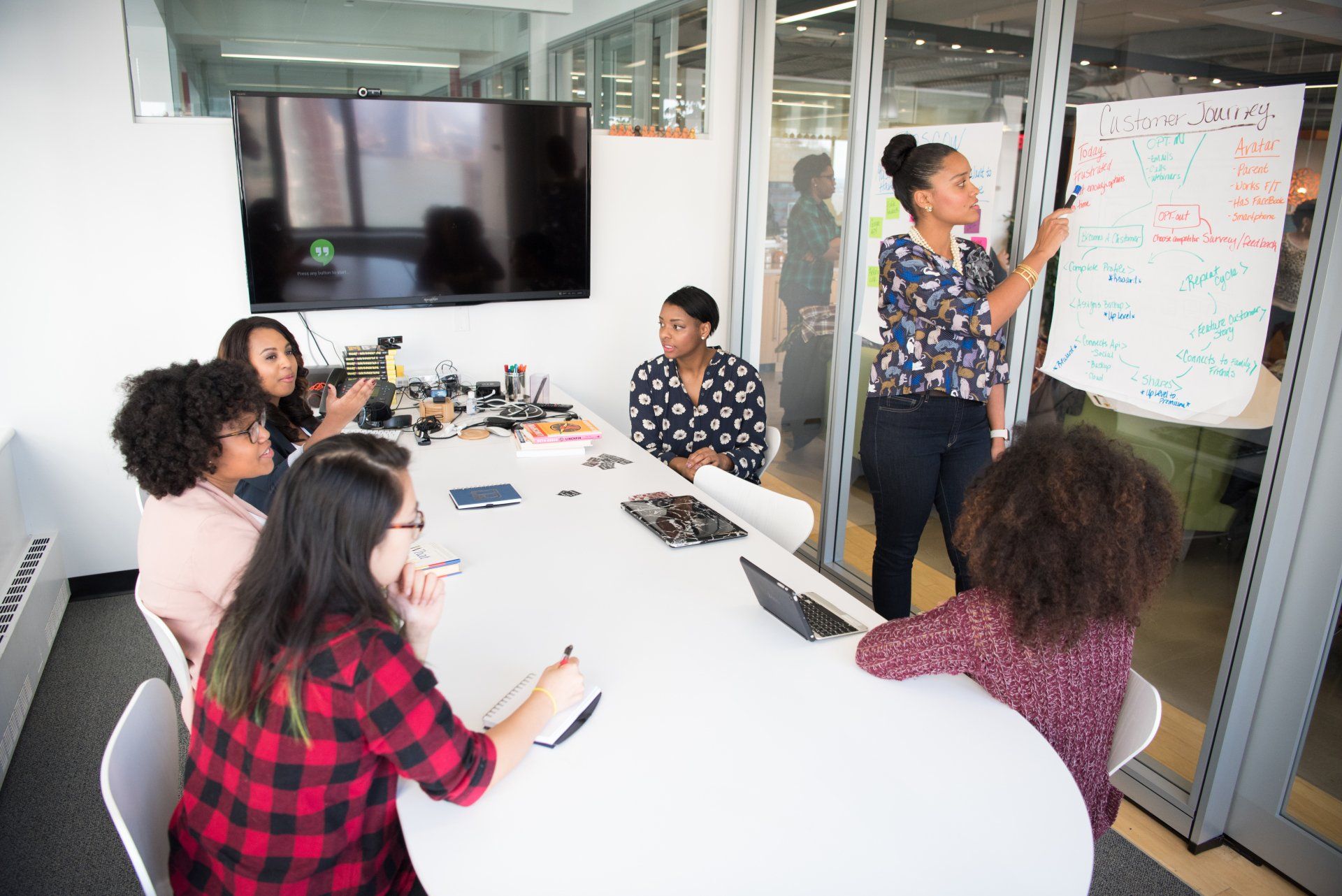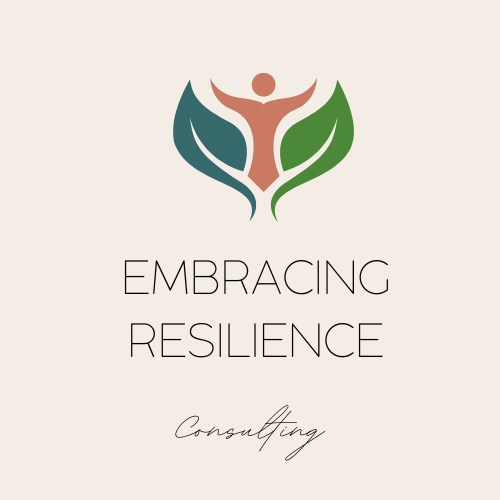Transformative mental health and educational consultation for the community.
Effective Multidisciplinary Collaboration
Harmonizing: Expertise: The Art of Seamless Collaboration

Effective collaboration in multidisciplinary teams is essential to achieve positive outcomes in education, mental health, behavior analysis, and leadership. The synergy generated by combining diverse viewpoints, skills, and knowledge to solve complex problems can lead to better intervention outcomes, improved knowledge and understanding of challenging behaviors, and more effective leadership strategies. In this blog post, we will explore the benefits of effective multidisciplinary collaboration and offer tips on how to build and sustain collaborative teams.
- Enhanced Knowledge and Skills: Professionals from different disciplines bring unique perspectives and knowledge to the table, enriching the team's knowledge base and expanding everyone's skills. Working together, they can build on each other's strengths and experiences to create innovative and effective solutions to challenging problems. For example, a school counselor and a behavior analyst can work together to develop personalized interventions for students with complex needs, pooling their expertise to ensure that the student's emotional and behavioral needs are met.
- Holistic Approach to Care: Collaboration among multiple professionals provides a holistic approach to care that addresses all aspects contributing to a problem. For instance, mental health practitioners can work together with educators to develop behavioral interventions that incorporate academic and social-emotional needs. Combined intervention plans that address a child's environment, academic progress, socio-economic background, and child's wellbeing can result in more effective and well-rounded treatment for children with complex needs.
- Improved Communication: One significant advantage of multidisciplinary collaboration is enhanced communication channels among team members. Teams can work together to develop common terminology, procedures, and protocols that can be used to streamline operations and improve performance. Effective collaboration also fosters better dialogue, which can lead to better communication between the team and clients. When team members respect one another, trust is built, and they can share the student's or client's information more openly, providing better services.
- Improved Outcomes: When professionals from different disciplines collaborate, they can share their knowledge and experience, ultimately resulting in improved outcomes. With their combined expertise, they can develop more effective behavior intervention plans, individualized education programs, IEPs, or 504 Plans that address multiple needs. Through collaboration, each professional can provide a unique and valuable contribution resulting in a more effective, person-centered approach that is tailored to meet the client's specific needs.
- Leadership Synergy: Multidisciplinary collaborations also benefit leaders. By bringing together top-performing professionals, organizations can boost their leadership and management skills. Effective collaborations among leaders promote a sustained culture of learning, improvement, and shared responsibility for driving change and ensuring positive results.
Given the benefits of effective multidisciplinary collaboration, it is essential to find practical ways to build and sustain successful collaborative teams. Collaboration is a dynamic and ongoing process that requires effort and practice to achieve positive outcomes. Finding common ground, defining communication channels and protocols, incorporating student/clients' perspectives, and utilizing each other's strengths can help ensure successful collaborations. Effective collaborations among professionals from various disciplines and leaders can help strengthen knowledge, promote teamwork, and ultimately provide better services to students/clients and successful organizations.



